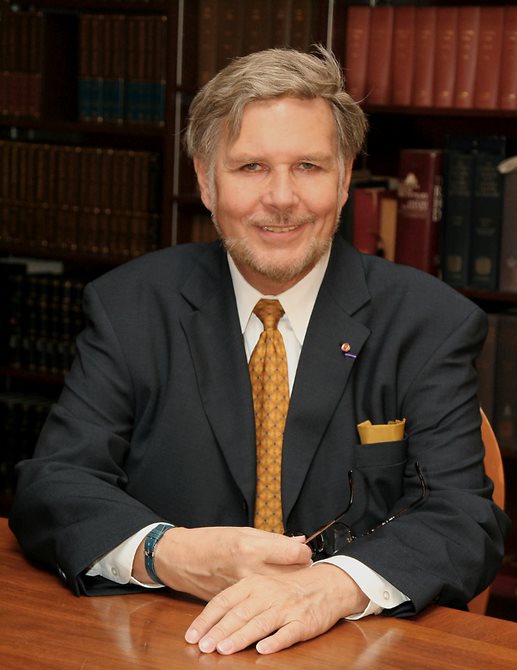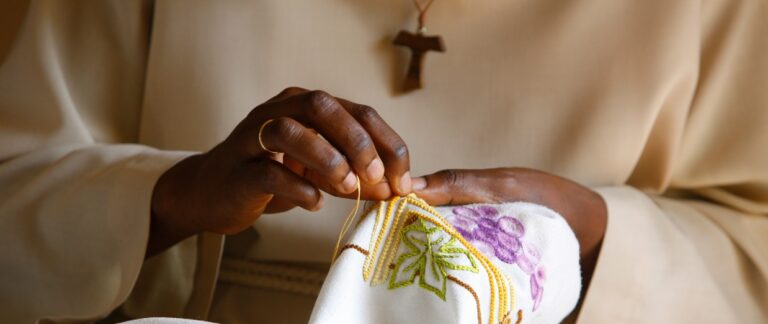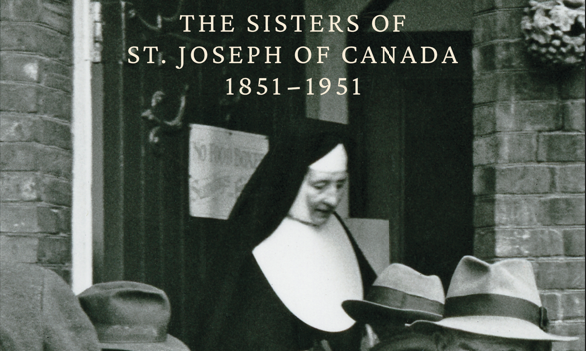
FR. JACQUES MONET, SJ: A TRUE CANADIAN CATHOLIC

Photo: Jesuits of Canada
Jesuit Father Jacques Monet was one of the kindest and wisest people I’ve come across in all my years of working in publishing. He died last week in the Jesuit infirmary of René Goupil House in Pickering, Ontario, having reached the august age of 93. I am among the many, many Canadians he touched over the years; we will miss him dearly.
Fr. Jacques had a stellar career in Canada as priest, teacher, historian, university administrator, media commentator and archivist. I got to know him rather late in his life when he was managing the Jesuit Archives in Toronto and organizing the writing of a comprehensive history of the Jesuits in English-speaking Canada, which we subsequently published at Novalis.
This writing project included essays from a number of Jesuit scholars and was impressive in its scope, frankness and detail. There was so much good material that we had to divide it into three volumes: Conscience of a Nation; Builders of a Nation; and Teachers of a Nation. Fr. Jacques was executive editor of the project and worked closely with me to get into publishable condition.
Working with Fr. Jacques was an exercise in constant delight. He knew his subject, of course, as one of Canada’s most eminent church historians and a life-long Jesuit. But he knew so much more and we spent as much time during our many working sessions discussing Canadian politics, the always fascinating culture of Canadian francophones, church gossip, even the role of the monarchy (the Globe and Mail called him “one of the foremost experts on the Crown in Canada”).
Over lunch, he would often — with great patience — allow me to practice my French on him. I’m sure it was a painful experience, but he was always encouraging and persistent in helping me find the right phrase.
Fr. Jacques was a Quebec native, son of Fabio Monet and Anita Deland, born in Saint-Jean-sur-Richelieu on Jan. 26, 1930. His father’s law practice took the family to Montreal where he eventually entered the Jesuits. His studies and subsequent teaching career took him to a number of institutions, including the Jesuit seminary in Toronto, Saint Mary’s University in Halifax, Regis College at the University of Toronto, and the University of Sudbury. At both of the latter institutions, he also served at times as president.
His contributions to our knowledge of Canadian history and of the Catholic Church is so vast, I fear missing something, so I’m going to quote at length from his own obituary provided by the Jesuits of Canada:
He authored numerous scholarly articles in both English and French,
and contributed entries to the dictionary of Canadian Biography and the Encyclopedia Britannica…. He was also a television commentator for various events, including the visit of Pope John Paul ll in 1984; on Radio-Canada during Queen Elizabeth ll’s visits to Canada in 2002 and 2005; and during 2002 World Youth Day in Toronto. When Prime Minister Stephen Harper established a non-partisan “eminent persons” committee of six to provide a short-list of candidates to the post of Governor-General, one of the six was Jacques Monet, and the committee interviewed over 200 persons for suggestions….
While he was president at Sudbury, he was appointed a Chevalier of the Ordre des Palmes Académiques, an award created by Napoleon Bonaparte, to single out people who have committed themselves to French-speaking culture.
A gentleman par excellence, Jacques unfailingly remembered anniversaries of Jesuits, staff and
colleagues, and the outcome for those celebrating were usually flowers, champagne and greeting cards.
For years he signed hundreds of labels on wine bottles during meals he had shared with friends. A great raconteur, he usually had a long or short version of the same story. Always impeccably dressed, he was often seen with a red sweater across his shoulders, and the many postcards he posted were always written in red ink, never by ballpoint. He had a fervent dislike of technological gadgets and, never having learned to type, his essays were written long-hand to be later transcribed. As a young Jesuit he tried driving an automobile but gave up in frustration and so taxis and trains were his chosen mode of transportation. In honour of his patron saint, Jacques made several trips to Santiago de Compostela, not via the arduous
Camino Walk, but arriving at the shrine by bus or automobile. At the end of a newspaper interview he was asked what his Jesuit life was like: “It is the most exciting vocation that I can think of and there has not been one dull moment in my life.”
His life also brightened the lives of all those who came to know him. Rest in peace, old friend, rest in peace.
Joseph Sinasac is the recently retired Publishing Director of Novalis Publishing. He has been involved with religious communications for almost 45 years as an author, journalist, editor and TV and radio commentator on all things Catholic.



Thank you for the article on Jacques Monet. I missed that he passed. I knew him years ago and he truly was an amazing and unique man !
Thanks